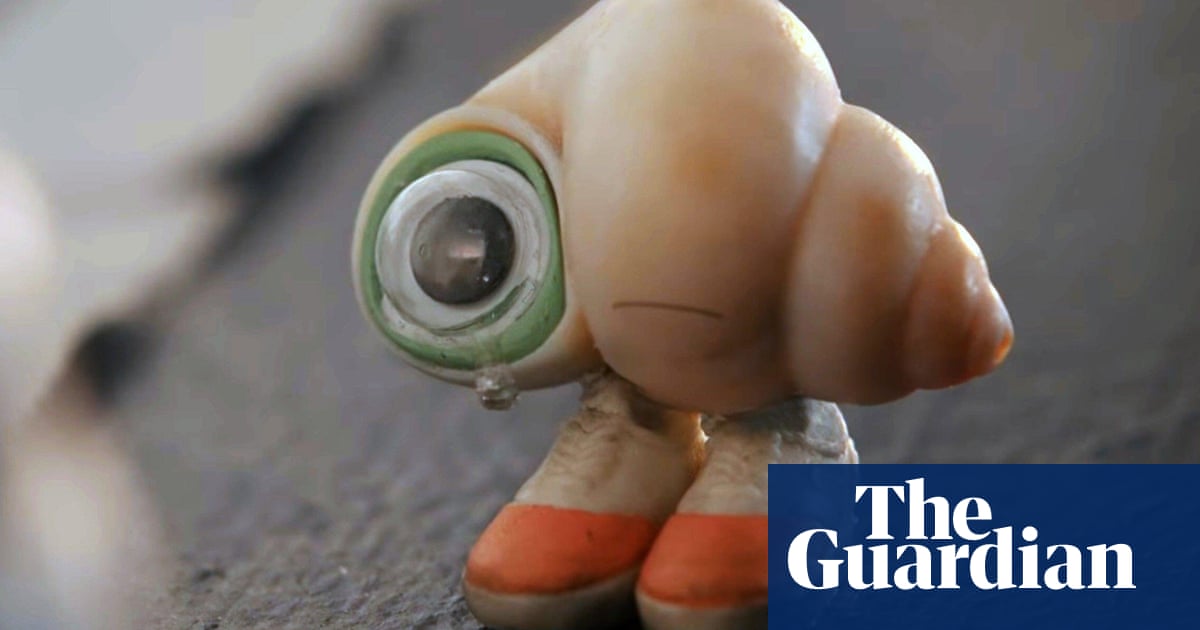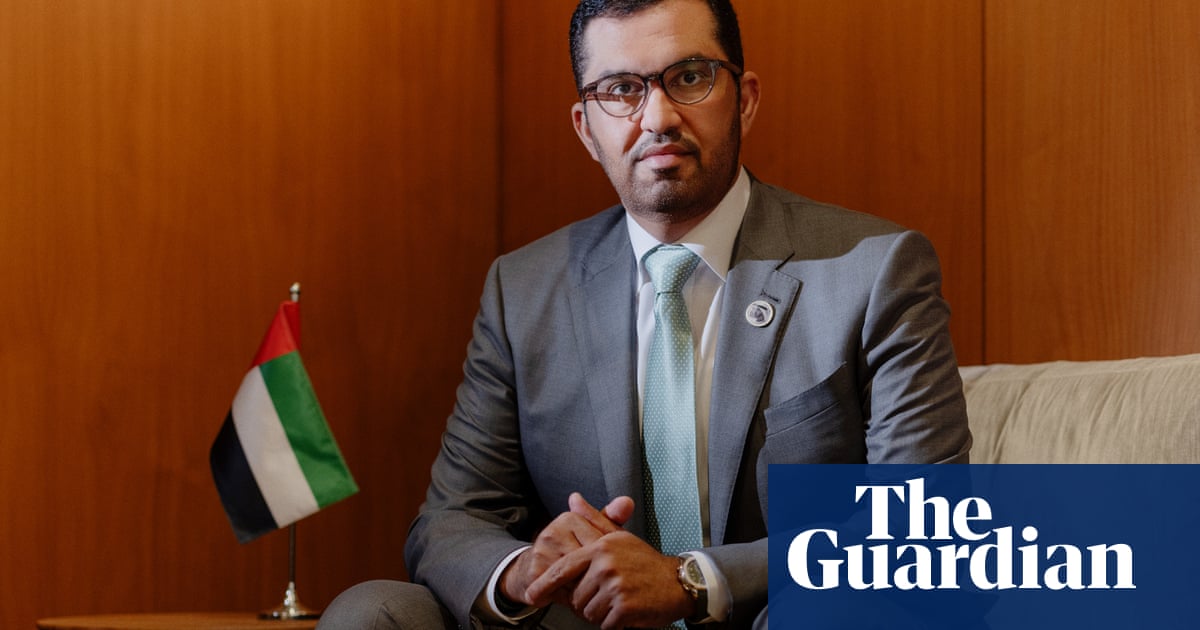
oris Johnson’s four-person union unit, dedicated to averting Scottish independence, had become used to operating quietly behind the scenes. That is until what one MP termed a “Whitehall psychodrama” exploded and propelled the team into the headlines.
Two of its leaders have departed in a matter of weeks, raising awkward questions about how well equipped the Tories really are to stop a separatist surge from Nicola Sturgeon’s SNP at the Holyrood elections in May.
Figures in the UK government are frustrated at what they see as “court politics” causing such a “massive distraction”, especially since Michael Gove has for months led a much larger team of about two dozen Whitehall workers at the union directorate in the Cabinet Office.
Ministers and MPs have told the Guardian the government is determined to put the union at the heart of everything it does once the coronavirus crisis has subsided, with plans for a ramping up of visits to Scotland, Wales and Northern Ireland.
Luke Graham was brought in to steer the No 10 union unit fresh from losing his Ochil and South Perthshire seat in the last election. Though associates regarded him as likeable, he was also deemed to be inexperienced and too much of a “party man” focused on beating the SNP in May’s Scottish parliament elections – a goal some Conservative figures saw as unrealistic and shortsighted.
He was let go earlier in February and, in a flurry, the prime minister’s de facto deputy Brexit negotiator, Oliver Lewis – nicknamed “Sonic” – was brought in, credited with being more of a heavyweight in government who would have greater political “buy-in”.
Two weeks later, on 19 February, Lewis also resigned – the latest in what has been seen as a clearout of Vote Leave campaigners. “Former disgruntled advisers were influencing him and trying to get him to resign,” an insider claimed, pointing also to the departures of Dominic Cummings and the former director of communications Lee Cain.
Government figures say it is still unknown whether a new special adviser will be picked to take on the “poisoned chalice” of heading the unit, with one noting: “I’m not sure it will continue in the form that it was.”
The mantle will instead be taken up by Johnson’s new union strategy committee, which will sit above the union operations committee Gove has been chairing since last summer, which has so far met about 15 times.
The idea is the two groups will replicate the apparent success of the Brexit strategy and operations committees – nicknamed “XO” and “XS” – created in the run-up to the UK leaving the EU, to improve inter-government harmony and ultimately lead to a boost in support for the union in the longer term.
One minister laid bare the challenge still ahead. “The extent to which this is a priority for the centre to make sure all government departments are baking the union into every single announcement cannot be exaggerated,” they said. “If you have to tell people the union exists, it shows they’ve forgotten.”
The former Welsh secretary Stephen Crabb said the new committee was a sign of Johnson’s “serious intent” to step up efforts to protect the union, but conceded the challenge to embed that emphasis in Whitehall was not a new one. He said during his time in government the then cabinet secretary, Jeremy Heywood, talked about his desire for civil servants to consider devolution as part of their day-to-day work. “It’s slightly frustrating that some of these same issues remain,” said Crabb.
But another Tory MP speculated the only way to quell calls for another independence vote and satisfy the SNP could be to give in to its demands. “It could be we end up like Quebec and effectively a second referendum has to happen to settle the conversation once and for all,” they said. “The nationalists won’t go away until they’ve been told multiple times.”
One Tory MP dismissed the threat posed by the SNP even if it did win a majority in May. “It’s going to take more than an election in May to unpick 300 years of interconnectivity and partnership,” they said.
But Peter Cardwell, a former special adviser to two Northern Ireland secretaries, said: “The battle must be fought as if indyref2 is already happening. A positive case for the union must come from the very top, and post-coronavirus I think we can expect to see a lot more cabinet ministers in Scotland especially, selling the benefits of the union, hopefully on a weekly basis.”
Another Tory insider confirmed plans were afoot for senior ministers to step up visits to Scotland, Wales and North Ireland and make them as regular as trips to south-west and northern England after the pandemic.
A minister said the 2016 Brexit vote showed the public was “up for some life-changing decisions” and that the way to draw people wavering on supporting Scottish independence back to supporting the union was to make a more emotional argument that the UK government “hasn’t cracked yet”.
“You’ve got to convince people who they are is not currently who they think they are – and in an age of identity politics, that’s really tough,” they said. “Covid has told people about the value of the military, the NHS and other UK-wide institutions. There’s a story to be told that says: ‘We got through this pandemic together because of who we are and it’s more fundamental to your identity than you might think.’”












